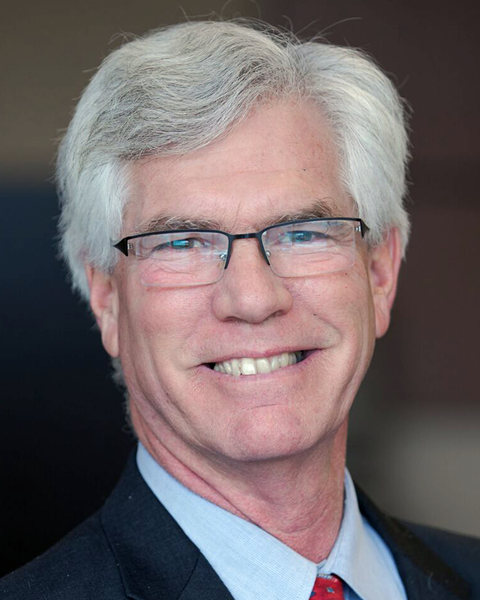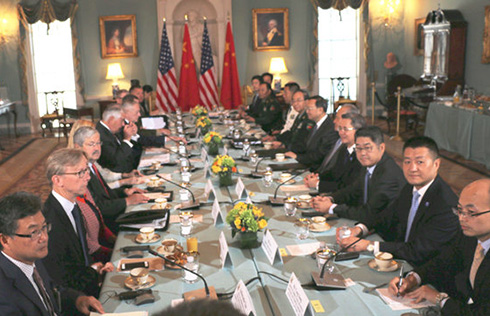Canada, China build on hydrogen
 |
|
Jim Carr, minister of natural resources of Canada. Provided to chinadaily.com.cn |
As global economies integrate, the world grows ever smaller. And for Canada, the opportunities have never been bigger.
China has set some ambitious goals for a clean growth economy, and Canada, with its abundant natural resources and proven expertise, is well positioned to supply China with the energy and forest products, minerals and metals and the clean technology it needs for the clean-growth century.
Early this month, Jim Carr, Canada's minister of natural resources, led a trade mission to China to showcase the ingenuity, innovation and opportunities that Canada has to offer.
Accompanying Carr was a delegation of more than 50 representatives of Canada's energy, forest and clean technology industries, as well as provincial representatives, all focused on strengthening ties with their Chinese counterparts.
"This trip was about making sure our Chinese counterparts know Canada is open for business," Carr said. "Both countries remain firm in their commitments to a low-carbon, clean-energy future, and our government believes that it is uniquely positioned to support China's clean growth through an increase in energy, clean technology and wood product exports."
Carr signed four memoranda of understanding with his Chinese counterparts, as well as a number of commercial agreements, totaling close to $100 million worth of investment with Canadian companies.
Among them was a $50 million licensing agreement between Toronto's Hydrogenics Corporation and China's Blue-G New Energy Science & Technology Corporation that will put 1,000 zero-emission hydrogen fuel cell motors on Chinese city busses.
Daryl Wilson, CEO at Hydrogenics Corporation, said they were pleased to be working with Blue-G in bringing their proton exchange membrane fuel cell technology to the transportation sector of China.
"China's strong commitment to solving severe urban pollution issues by electrifying its urban transit systems creates a compelling market for our hydrogen fuel cell technologies," Wilson said. "With continuing support from our government, Hydrogenics is well placed to support China's needs."
According to Tang You-Zhi, a Canadian clean-tech and low-carbon development promoter and practitioner, Canada is leading the world in hydrogen fuel cell, power-to-gas and hydrogen fuelling station technologies and applications.
Fuel cells are extremely efficient and offer near-zero emission energy generation. They are compact, scalable and quiet, making them ideal for electric vehicles (EV) and also for integration into large central power plants or local microgrids for energy storage.
Canada has a long history of supporting hydrogen energy technology research and development, having built a hydrogen highway for the 2010 Winter Olympics in Vancouver.
Ballard, a Vancouver-based fuel cell technology company, made its first inroads into China years ago and has had some success stories, most notably the hydrogen fuel cell electric vehicle (FCEV) public transportation lines currently operating in the cities of Foshan and Yunfu.
FCEV is gaining significant momentum in China and Tang predicts in 10 years FCEV will have a market share of 25 percent to 30 percent of China's on-road EVs, due to the long driving range (350 km to 700 km) per fueling and short refueling time (three to five minutes).
Through massive production, the cost of FCEVs will come down significantly and be on a par with conventional gas-driven vehicles within 10 years.
"Japan, Europe, Korea and California have been developing the FCEV for many years and quite actively promoting its commercial use in the past five years," Tang said.
However, he emphasized, "It is China that will be the major and key player and driver in the world in terms of deployment of hydrogen technologies and commercial application of FC and FCEV in the coming years."
Considering the scope of China's motor vehicle production reaching 30 million a year, a 10 percent share means 3 million EVs a year and potentially an annual production of 750,000 for FCEVs, assuming that 25 percent of EVs would be powered by fuel cells.
"This is an opportunity that the Canadian hydrogen industry should not and cannot miss," Tang said.
















